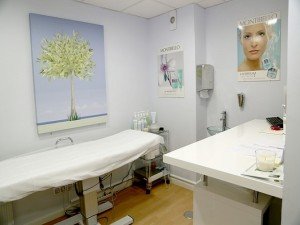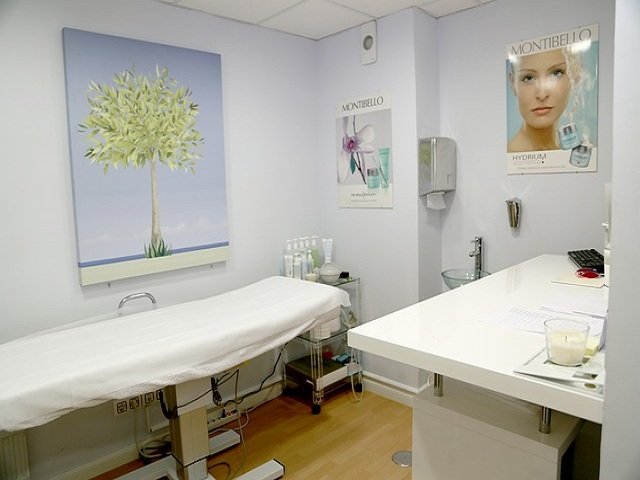Guidelines in Starting your Small Medical Business

Starting up your own medical office is not a quick process. It requires your full commitment. When starting up, two to three medical practitioners share space in one medical office.
The director of rural health initiatives at the North Carolina Medical Society Foundation, Franklin Walker said, “Fewer doctors are starting one and two person practices, largely because it’s expensive to start up. It’s also difficult to deal with insurance companies and changes in health care legislation”.
In this case, you need some
guidelines to start setting up your clinic. Here’s a checklist you can use in tracking updates for your small medical business.
- Capital. Everyone who is starting up a business needs a capital to help you cover the startup cost. Draw up a cost budget on how much you’ll need to borrow for the equipment, supplies and for processing legal documents.
- Location. Look for a good location where you can put up your medical office.
- Credentials. Government and private health insurance ensures that you are properly licensed.
- Hire a health care attorney. They can help you in making decision about government and medical policies and regulations.
- Licensing. As a medical provider, you need to get your license by the medical board in your state and other identifications such as National Provider Identifier. Also before prescribing medications to your patients, you need to register at the U.S Drug Enforcement Administration to get a DEA number.
- Staff. Hire an office and medical assistant that is qualified for the job.
- Equipment and supplies. You can buy some good used equipment. It can help you save in spending big bucks for a brand new one. Here’s a list to buy,
For medical equipment:
- Sturdy medical exam tables
- standing exam light
- otoscopes
- portable BP machines
- stethoscopes
- portable pulse oximeter glucometers
- thermometers
- privacy screen
For medical supplies:
- boxes of alcohol swabs
- boxes of disposable gloves
- Band-Aids
- gauze bandages and wrap
- medical tape
- tongue depressors
- ace bandages
- lancets and strips for glucometers
- paper for exam tables
- hand sanitizers
- chlorox wipes
You also need supplies for your desk such as folders, clips, computers, copiers, telephone and charting supplies.
Avoid pitfalls. Make sure that you process your documents legally. It is better if you know a professional you can consult into regarding your medical business.

 Starting up your own medical office is not a quick process. It requires your full commitment. When starting up, two to three medical practitioners share space in one medical office.
The director of rural health initiatives at the North Carolina Medical Society Foundation, Franklin Walker said, “Fewer doctors are starting one and two person practices, largely because it’s expensive to start up. It’s also difficult to deal with insurance companies and changes in health care legislation”.
In this case, you need some guidelines to start setting up your clinic. Here’s a checklist you can use in tracking updates for your small medical business.
Starting up your own medical office is not a quick process. It requires your full commitment. When starting up, two to three medical practitioners share space in one medical office.
The director of rural health initiatives at the North Carolina Medical Society Foundation, Franklin Walker said, “Fewer doctors are starting one and two person practices, largely because it’s expensive to start up. It’s also difficult to deal with insurance companies and changes in health care legislation”.
In this case, you need some guidelines to start setting up your clinic. Here’s a checklist you can use in tracking updates for your small medical business.